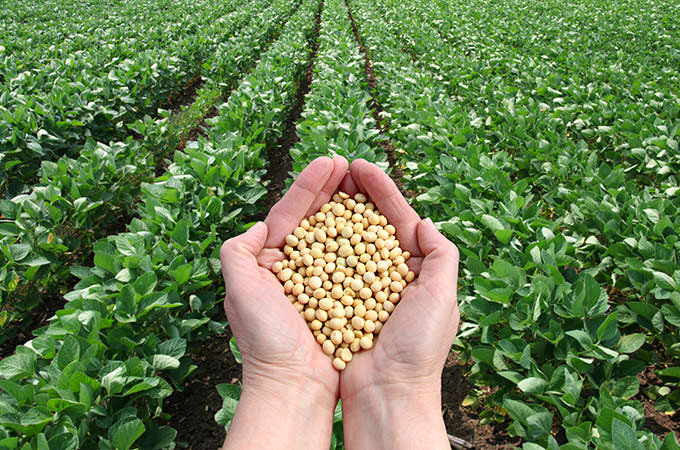
While we can all agree on most foods being good or bad, there are certain foods some people promote as healthy, but others claim we should avoid them.
One such food is soy. There have been studies and claims about the nutrient value and its health properties, but also about its harmful effects on our health. Before we render it either good or bad, let’s look at the facts about soy.
A Food With History
Soy has been around for quite some time. Asian nations have been consuming it in various forms for millennia, but it was in recent years that soy actually made a boom.
Large food corporations began growing and harvesting soybeans and that’s why today you can get soy products anywhere.
But with its spreading, soy lost some of its quality. Most mass-produced foods are genetically modified and/or sprayed with pesticides nowadays, which means that the soy products you can buy right now are far from being the same as the soy consumed in Asia.
Fact is soy and soy products are packed with nutrients and enzymes beneficial to us. These help fend off diseases and control our blood sugar levels, but there is a darker side to modern-day soy.
Inevitable Risks
The main problem with soy is the way it’s grown and harvested. Normally, soy wouldn’t bring any risks, but the toxins and pesticides involved in the mass production of soy are what mark this food as questionable.
The compounds soy gets sprayed with can negatively affect our nervous system. By doing so, these pesticide can indirectly cause diabetes, cardiovascular disease, arthritis, and even cancer.
Bottom line, soy can be beneficial without a doubt. But the only way to acquire its benefits without taking health risks is to find unprocessed, GMO-free, organic soybeans.

